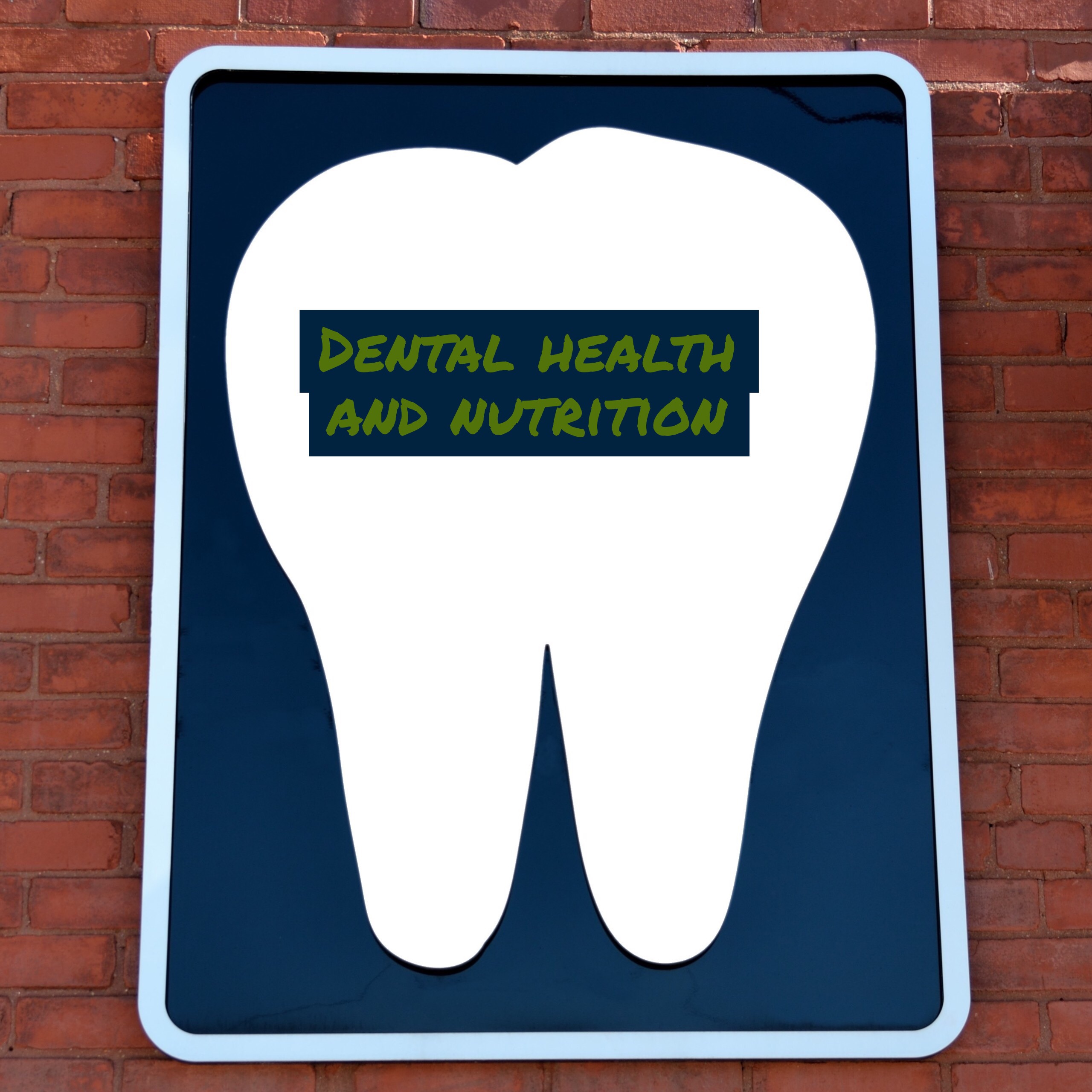 The diet and nutrition of an individual plays an important role in tooth development, oral health and in the management and prevention of oral diseases . The intake of different food directly affect teeth and oral tissues and in the same manner status of oral health affects the individuals ability to consume an adequate diet.
The diet and nutrition of an individual plays an important role in tooth development, oral health and in the management and prevention of oral diseases . The intake of different food directly affect teeth and oral tissues and in the same manner status of oral health affects the individuals ability to consume an adequate diet.
Dental caries
Dental caries is the term used for tooth decay and cavities. The microorganism present in oral environment or tooth surface reacts with the fermentable carbohydrates in foods or drinks and cause a drop in salivary PH to 5.5 and initiate the caries process.
The factors that contributes to developing dental caries and tooth decay in adults and children are
- Frequent consumption of fermentable carbohydrates. For example high sugar foods, fruit juices , soft drinks, desserts, cookies and cakes.
- Duration of exposure of sugary foods to teeth which in-turn decreases the PH and causes dental caries. For example hard candies results in prolonged exposure of sugar in mouth.
- Inadequate or inappropriate cleaning . Not brushing teeth regularly or not rinsing mouth after food.
- Nutrient composition of food. For example dairy products are rich in calcium and phosphorus which neutralise the acid in milk and prevent tooth decay. Studies reveal milk or milk products when taken along with high sugar foods provide protection against caries.
- Certain medical conditions are also responsible for tooth decay, for example gastrointestinal reflux , diabetes and eating disorders increase risk of cavities and weaken teeth and cause tooth eruption.
Foods responsible for dental caries
Cariogenic foods are the foods that produce and promote the development of tooth decay. Cariogenic food are high in fermentable carbohydrates ,sticky in nature that adhere to the tooth surface, reduce PH and are highly processed.
Examples of cariogenic foods are
- High sugar and starchy foods and sugary drinks. For example, bread sweetened cereals, candies, cakes and biscuits, high sugar fruit drinks and fizzy beverages.
- Dried fruits and toffees because of their sticky nature get stuck in cavities and cause damage.
Foods that prevent dental caries
Anti cariogenic foods are the foods that prevent plaque to recognise cariogenic foods and thus prevent tooth decay. Examples of anti cariogenic foods are
- Milk and yogurt
- Cheeses
- Xylitol containing gums or sugar free gums.
- Nuts
- Popcorns
- Raw vegetable
- Fluoride in toothpaste
General guidelines to prevent dental caries
- Brushing at least twice a day preferably after meals.
- Rinsing your mouth with water or chew sugar free gum after every meal for at least 15-20 minutes.
- Take high sugar fruits occasionally and always with the meals rather than as a snack.
- Avoid sipping carbonated beverages for longer period of time.
- Use anti cariogenic foods as a snack. For example, nuts, pop corns and carrot sticks
- Pair cariogenic foods with anti cariogenic foods. For example juices with meal and cheese with chips helps to reduce caries development.
- Use fluoride toothpaste.
by
Aliya Waqas

Reblogged this on Dietician daily.
LikeLike